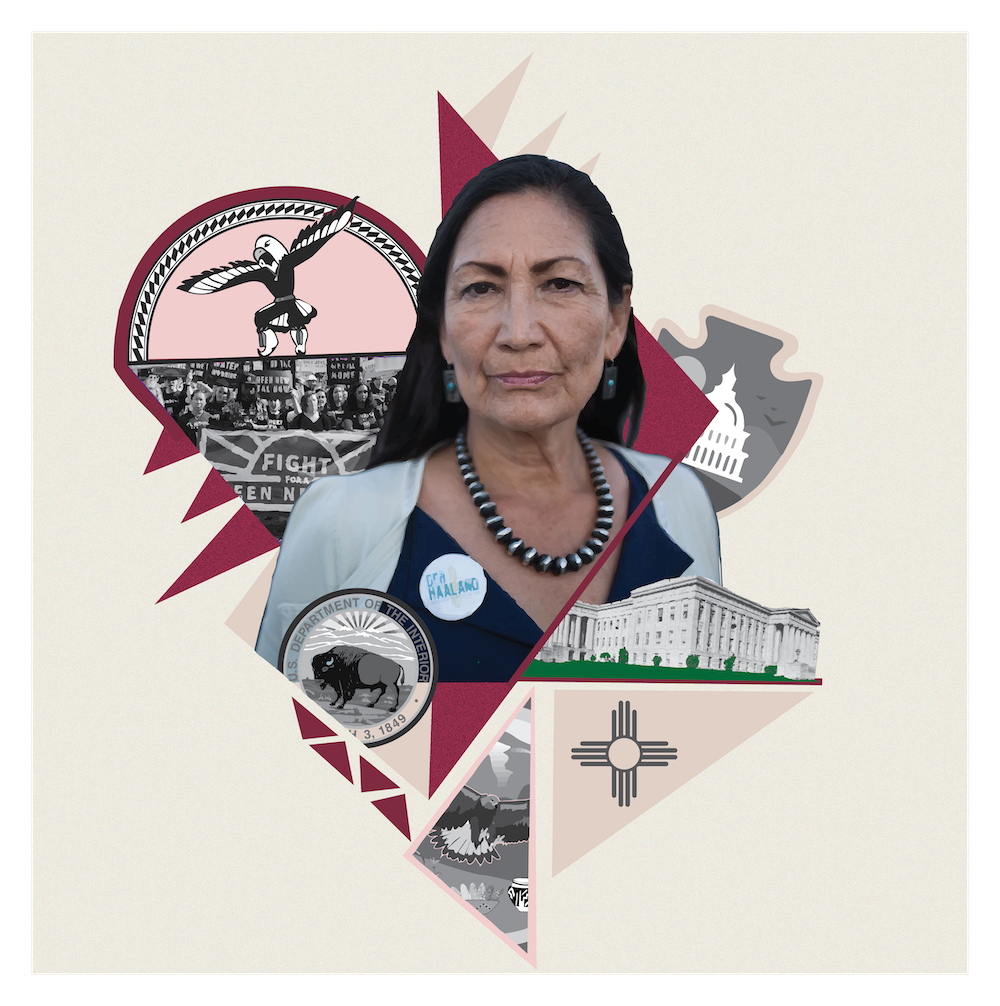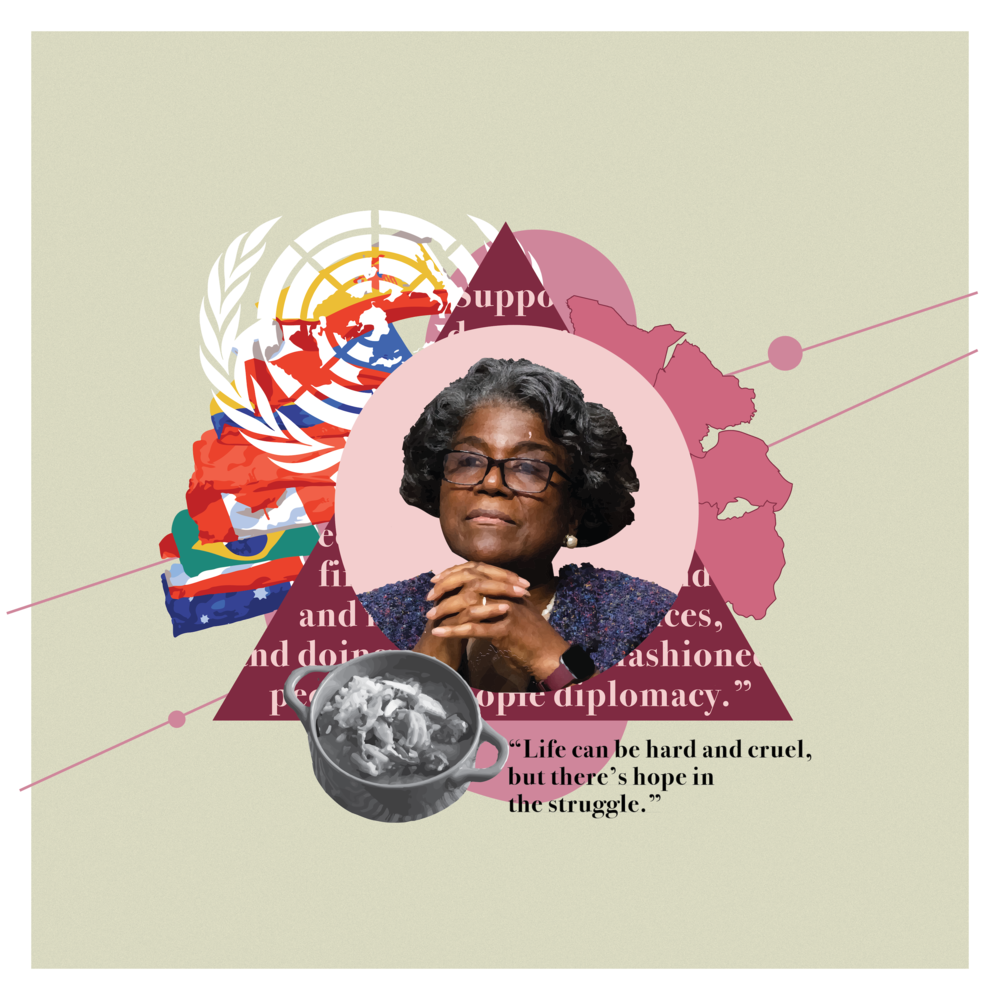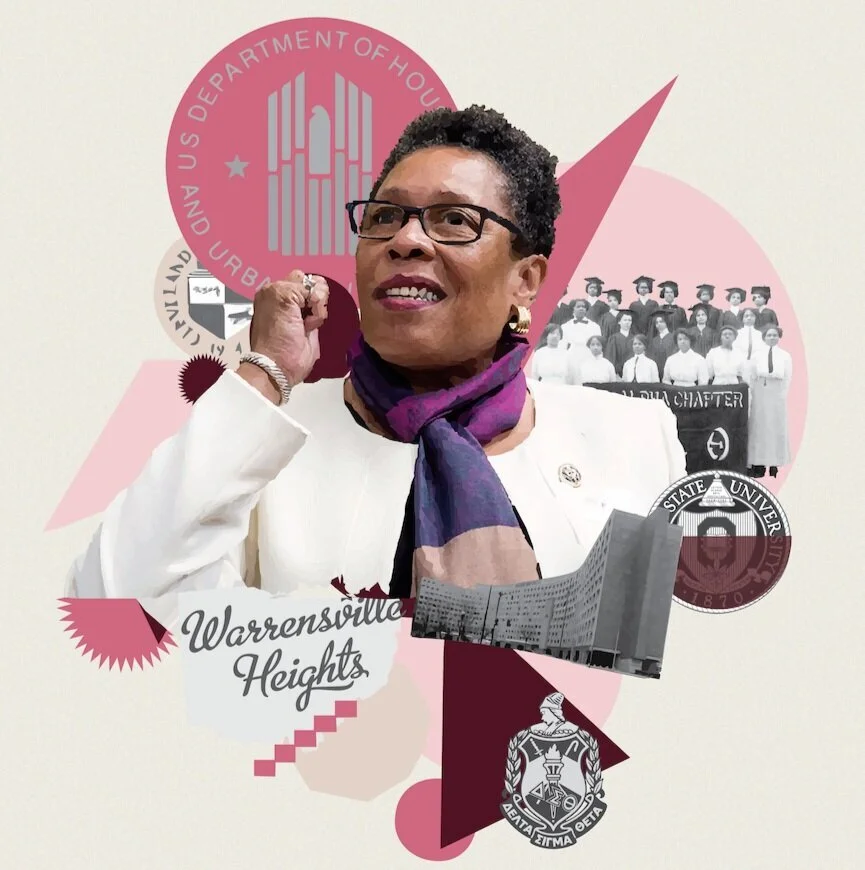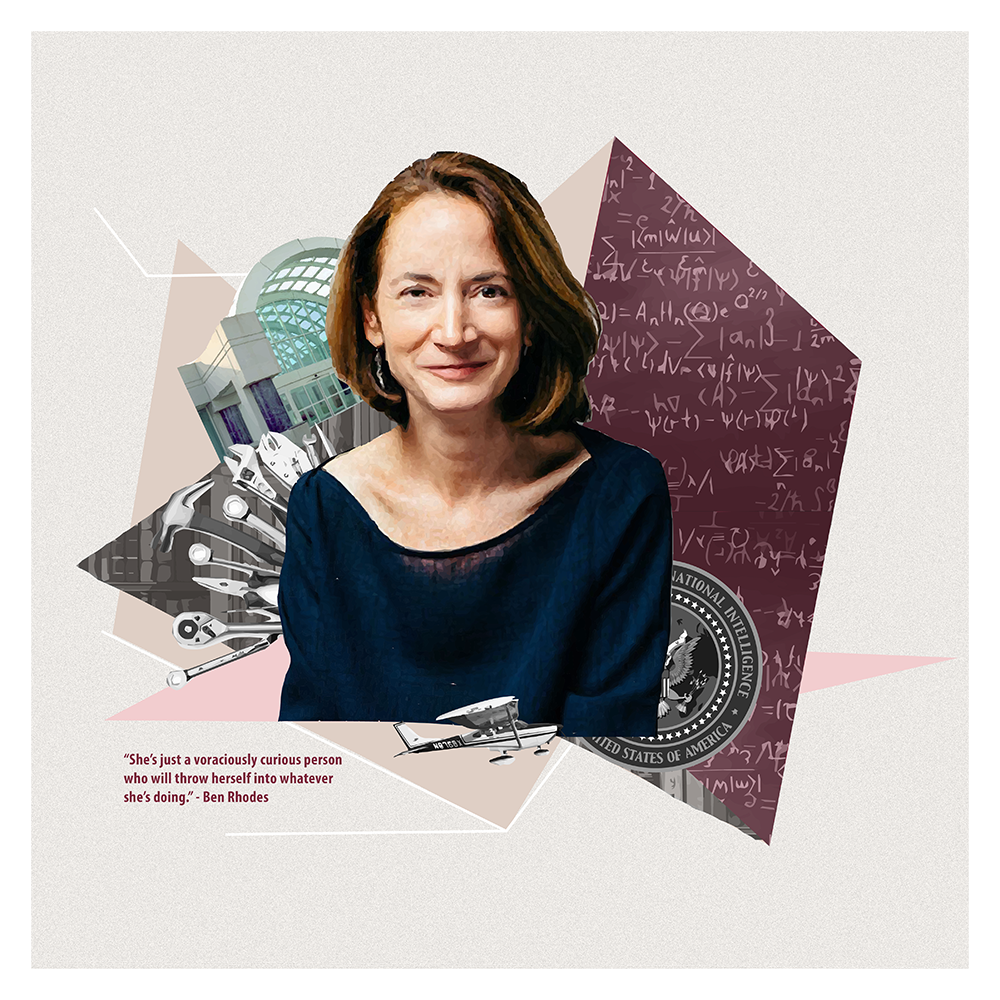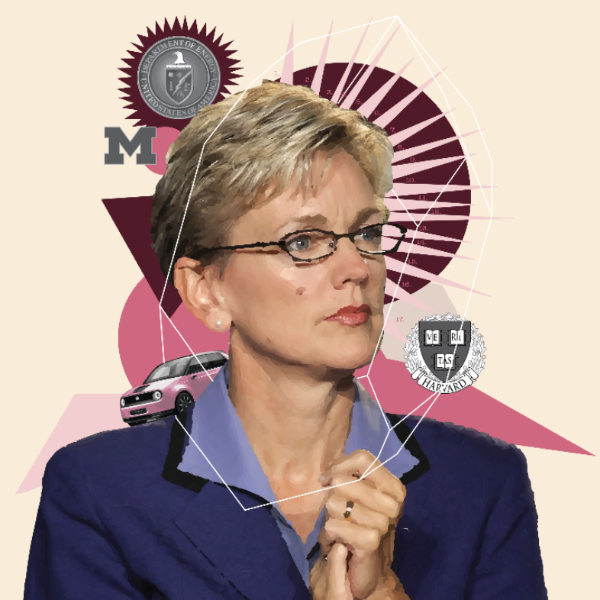As faithful readers are well aware, I am somewhat obsessed by the subject of leadership and the critical need nearly everywhere in the world for better leadership at all levels and in all capacities — from the leader in a classroom to the leader of a country. We need more empathetic, effective, solution oriented, collaborative, consensus building and inspiring leaders.
And while it may be somewhat controversial in certain corporate circles, I believe we also need more activist leaders, as well.
For important reading on why that kind of leadership is what's needed to face the challenges of today’s global socio-economic headwinds in order to achieve net positive outcomes, the best preparation are two books I highly recommend: The Activist Leader by Lucy Parker and Jon Miller, and Paul Polman’s Net Positive.
My reading of these books, and a much appreciated personal connection, led me to discover a global community for impact that Paul Polman and his co-founder, Valerie Keller, call IMAGINE leaders — and what a perfect name. They are imagining the difference that trusted partnerships between corporate executives, innovators, investors, policy makers, and political leaders will make towards more positive outcomes in companies, organizations and communities. To ensure that these positive outcomes are possible — not only to imagine, but to realize — they have created a series of leadership development forums and programs, and initiated a diverse and active global community of leaders.
Paul Polman and Valerie Keller with IMAGINE Leaders
Even though I’m not currently leading a company or organization, I am continuing an active life as what I describe as a “volunteer activist leader” of a global mobilization campaign for climate justice, Project Dandelion, and I’m very much still on a learning journey to be the best, most effective, and inspiring leader I can be.
With that in mind, I signed up to join other purpose-led, performance-driven activist leaders at IMAGINE’s biannual gathering in April at Oxford University.
One of the questions we grappled with that I found particularly engaging and challenging was to answer the question: what kind of leader are you now?
Using an exercise called Mythodrama, developed by Lawrence Hillman and Richard Olivier, and led by an experienced facilitator, we went through the 10 archetypes at work, and what are described as the “gifts and shadows” of each archetype, which are based on the leadership styles observed in Henry V, often referred to as the original tale of leadership wisdom.
Consider the archetypes and think of your own leadership style:
Are you a Sovereign, a Strategist, Storyteller, Nurturer, Dreamer, Warrior, Explorer, Renegade, Transformer, or Lover?
Of course, we’re likely to think of ourselves as a bit of each (hopefully, including the Lover!), but I confess to walking right on over to the Transformer circle.
As we took a deep dive into the archetypes, it became clear that there are positives and negatives to each. Recognizing them and learning from our facilitator how these “gifts and shadows” play out in our decision making and in the ways we communicate, collaborate (or not), and take risks (or not), pointed to ways in which all styles can be modified to inspire, to strengthen trust, and to create healthier organizations and more positive outcomes, was illuminating and impactful.
With June Sarpong and David Aikman at IMAGINE’s Oxford Experience.
There were other unique exercises during our five days together, including IMAGINE’s twist on the Oxford-style debate in which speakers had to switch sides of the arguments while attempting to “win,” honing our skills for communicating perspectives and for listening without prior judgments.
Valerie Keller, who leads the sessions and Paul Polman, whose own activist leadership inspired this program, have shaped a curriculum that challenges leaders to step out of our comfort zones and imagine how we might lead if we considered every action or decision through a different leadership lens — one that is willing to drop the tried and often failed frames from before, and to bend the curve of the most traditional industries and companies in a transformative way to bring about more net positive outcomes or achieve an audacious goal.
It becomes easier to imagine the activist path a leader can take when you are learning real life examples of how it’s done and are in the presence of courageous leaders who are making courageous decisions to do the right thing in confronting what are clearly complex social, environmental, political, and economic challenges.
The leaders I got to learn from and interact with came from all corners of the globe and from all sectors where transformation to a more sustainable, inclusive and just system is needed: food & agriculture, health & beauty, and fashion, with cross-cutting work that impacts our most daunting global challenges. Gender and racial equity are always in the foreground, as well.
It’s hard to describe the interactions or even the quiet, deep learning moments when we give ourselves the time to be in community with like minded, committed leaders, but I have felt the impact on my leadership every day since. Perhaps, this 2.5 minute video, provided by the IMAGINE team will give you a better idea of what the IMAGINE leaders forum is like for the participants.
If this seems like something you’d like to be a part of or would benefit from, or you know a leader in your company or organization or community who would value such an experience, you can apply or nominate a leader here.
In full transparency, I have joined the IMAGINE mission board, because I'm that enthusiastic about the programs and the community, but I don't review the applications or issue the invitations. What I am doing is encouraging all who seek opportunities to become more informed, more inspired, and more prepared, for all our leadership roles, to consider investing the time and resources to be better leaders, and I found the IMAGINE experience to be that for me... and for many others whose leadership I admire.
As confessed, I daringly identified myself as a Transformer in the archetype exercise, and I’m still on the journey to realize the gifts of that style, and lessen the shadows.
I’m also honored to share this week that I’ve recently been awarded another archetype of leadership as a “Torchligher.” On September 25, I will receive the inaugural Torchlighter Award at the Rutgers University Institute for Women’s Leadership, alongside Priscilla Sims Brown, president and CEO, Amalgamated Bank; Abigail E. Disney, an Emmy-winning documentary filmmaker, philanthropist, and activist; Jeannine Frisby LaRue, executive vice president of strategy and business development, Moxie, and senior vice president, The Zita Group; and Alanah Odoms, civil rights attorney and executive director of the ACLU of Louisiana.
The Torchlighter Award is inspired by Gloria Steinem, who once remarked that “people often ask me if I’m ‘passing the torch.’ I explain that I’m keeping my torch, thank you very much — and I’m using it to light the torches of others.”
I am so honored to receive this award, and like Gloria, I’m also encouraging all of us to hold our torches as leaders higher and brighter than ever.
Imagine how much light we can offer to all those who follow.
Onward!
- Pat




